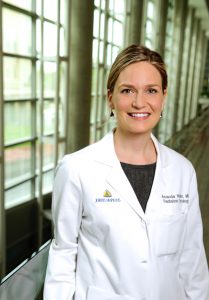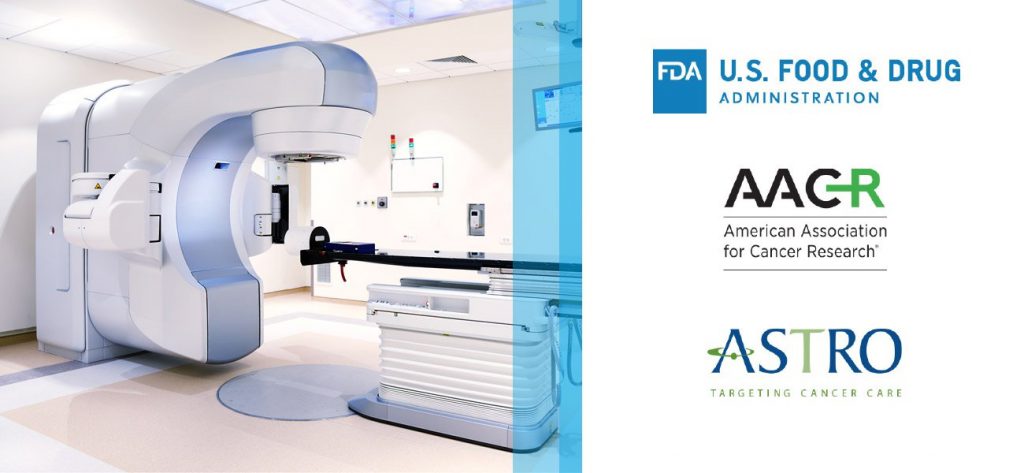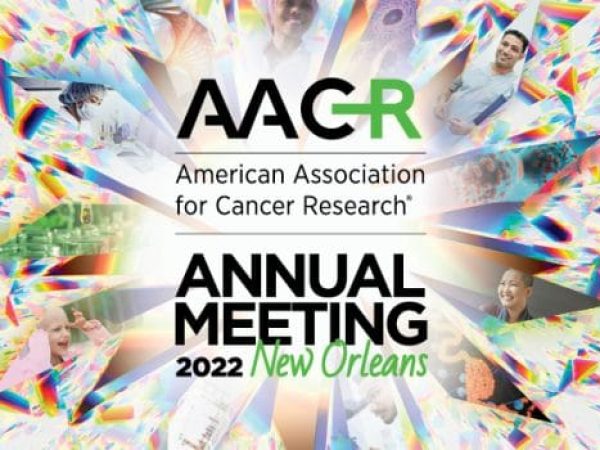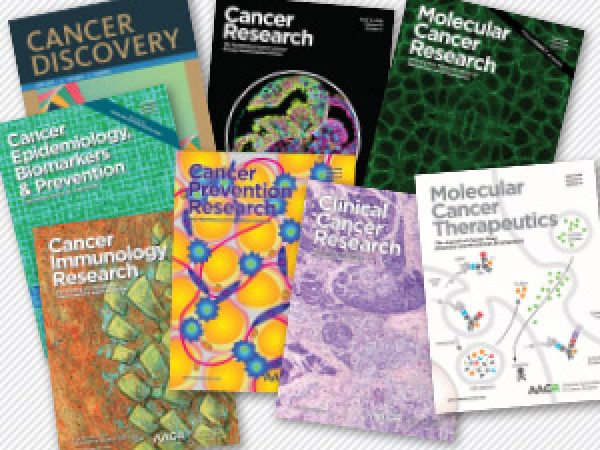Joint Workshop to Address Lack of Drug-Radiotherapy Combinations

U.S. Food and Drug Administration
Editor’s Note: A version of this post appeared on the blog of the American Society for Radiation Oncology (ASTRO). Register today to view the webcast of the FDA-AACR-ASTRO workshop on clinical developments of drug-radiotherapy combinations, which takes place Feb. 22-23.
The field of medical oncology is undergoing a remarkable transformation. Cancers that were once considered death sentences, such as multiple myeloma and metastatic melanoma, are turning into chronic diseases due to the use of novel, targeted systemic therapies. Immunotherapy is altering the natural history of certain malignancies. Checkpoint inhibitors are making their way into front-line management, while CAR-T cell therapy is demonstrating durable responses in patients with refractory hematologic malignancies.
Radiation oncology is undergoing an equally remarkable transformation. For example, improved radiation delivery techniques have allowed radiation oncologists to more precisely target the tumor while avoiding normal tissue, and the delivery of higher doses per fraction has shortened treatment times.
While both medical and radiation oncology have made great strides independently, very little has changed in terms of the systemic therapies that we use in combination with radiation. Over the past 10 years, the Office of Hematology and Oncology Products (OHOP) at the U.S. Food and Drug Administration (FDA) has approved more than 200 new drug and biologic licensing applications, but none of these approvals were for use in combination with radiation therapy. However, recent studies have shown that radiation therapy can work synergistically with immunotherapy to induce potent antitumor immune responses.
Given the enormous potential for drug-radiotherapy combinations to improve meaningful clinical outcomes, the FDA, AACR, and ASTRO have come together to co-sponsor a workshop to address the lack of development in this area. The FDA-AACR-ASTRO Clinical Development of Drug-Radiotherapy Combinations Workshop will take place February 22-23 in Bethesda, Maryland. It brings together key stakeholders from around the world including industry, regulatory agencies, patient advocates, and academic oncologists.
“I would like the workshop to help lay out a strategy for earlier FDA approval of agents in combination with radiation,” says AACR Radiation Science and Medicine Working Group steering committee member Theodore S. Lawrence, MD, PhD, professor and chair of the Department of Radiation Oncology at University of Michigan. Lawrence serves as one of the workshop co-chairs. “Part of this is that we need to develop the data to convince companies that radiation is not going to make their drug look bad. It is my impression that companies fear that we are going to make their new agents look toxic. In fact, focused radiation can make their agents look more effective.”
“The key challenges for the development of drug-radiotherapy combinations are identifying the combinations that have the greatest potential to improve patient outcome and engaging all stakeholders to define a strategy for bringing these combinations to the clinic,” says co-chair and AACR Radiation Science and Medicine Working Group steering committee member Stephen M. Hahn, MD, deputy president and chief operating officer of the University of Texas MD Anderson Cancer Center. “I am hopeful that we make consensus recommendations that will allow us to bring drug-radiotherapy combinations to the clinic.”
“I am very much hoping we address the overall issue of how to engage pharma so that we can conduct trials of the combination of new agents with radiation early in the life cycle of the drugs that will lead to FDA approval,” adds Lawrence.
Radiation will remain a fundamental pillar of cancer treatment for the foreseeable future, but until every cancer patient who is treated with radiation therapy is cured, there is still work to do. We are reaching the limits of our siloed approach to advancing the field. Now is the time to break down the silos and join forces with our colleagues to improve the lives of our patients.
Registration for the workshop is free and open to the public. Interested participants can register for in-person or online participation via a livestreamed webcast.
Walker is associate director (acting), Oncology Center of Excellence and medical officer, Division of Oncology Products 1, OHOP, Center for Drug Evaluation and Research at the FDA.




